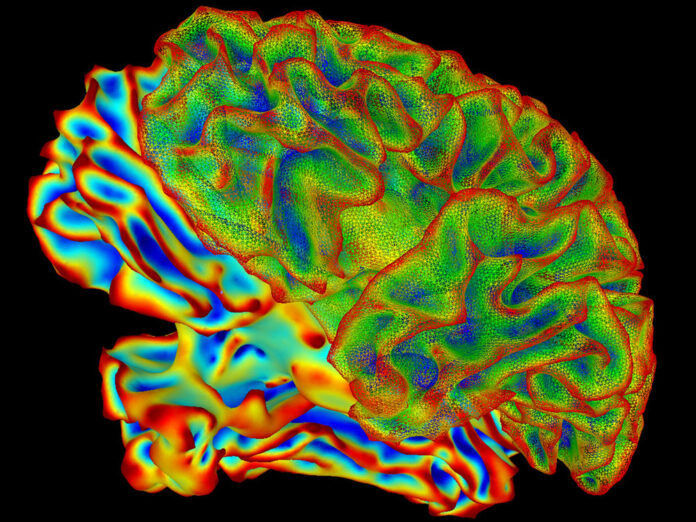
A recent article from Mayo Clinic states we are living longer than previous generations and should prepare ourselves to encounter new health risks, like cognitive decline.
Mild cognitive impairment (MCI) is the stage between the expected cognitive decline of normal aging and the more serious decline of dementia. It’s characterized by problems with memory, language, thinking or judgment. It happens at different times and is noticed to affect different elements of people’s lives.

Although it’s age-related for most, the exact cause is not known. Many people notice gradually increasing forgetfulness as they age. It may take longer to think of a word or to recall a person’s name. You lose your train of thought or the thread of conversations, books or movies. You find yourself overwhelmed by making decisions, planning steps to accomplish a task or understanding instructions.
Other medical conditions and lifestyle factors have been linked to an increased risk of cognitive change, including diabetes, smoking, high blood pressure, elevated cholesterol, obesity, depression and lack of exercise. Currently, there is no standard treatment for MCI, but Mayo suggests integrating healthy habits into everyday life. Even a small change can make a big difference.
Be social. Recent studies show having social ties and maintaining frequent contact helps preserve mental ability. Participate in church groups, volunteer or join a group with similar interests.
Stimulate your mind. Take a class. Learn a new language. Research topics of interest on the internet. Stretch your brain power with puzzles and other challenging activities.
Take a fitness class. Exercise in mid-life years can significantly reduce the risk of mild cognitive impairment. It can also give your energy a boost and promotes activity in different parts of the brain. It is also a great way to meet new people.
Maintain a healthy weight and diet. Obesity at mid-life can decrease brain function. Grab an apple instead of a donut. Fruits and vegetables help with weight control and helps supply brain-healthy antioxidants.
Do not smoke. During mid-life, smokers increase the risk of brain atrophy and decline in executive function in later years.
Maintain a commonsense approach to your health and take preventative steps to ensure a healthy future. Visit your doctor regularly. Make a list of questions or concerns you might have, and don’t leave until they are addressed.
Joan Koczor is a senior advocate and a member of the Age-Friendly Maricopa Advisory Board.
This column appears in the April issue of InMaricopa magazine.



![Shred-A-Thon to take place tomorrow An image of shredded paper. [Pixabay]](https://www.inmaricopa.com/wp-content/uploads/2024/03/shredded-paper-168650_1280-218x150.jpg)












![Shred-A-Thon to take place tomorrow An image of shredded paper. [Pixabay]](https://www.inmaricopa.com/wp-content/uploads/2024/03/shredded-paper-168650_1280-100x70.jpg)
